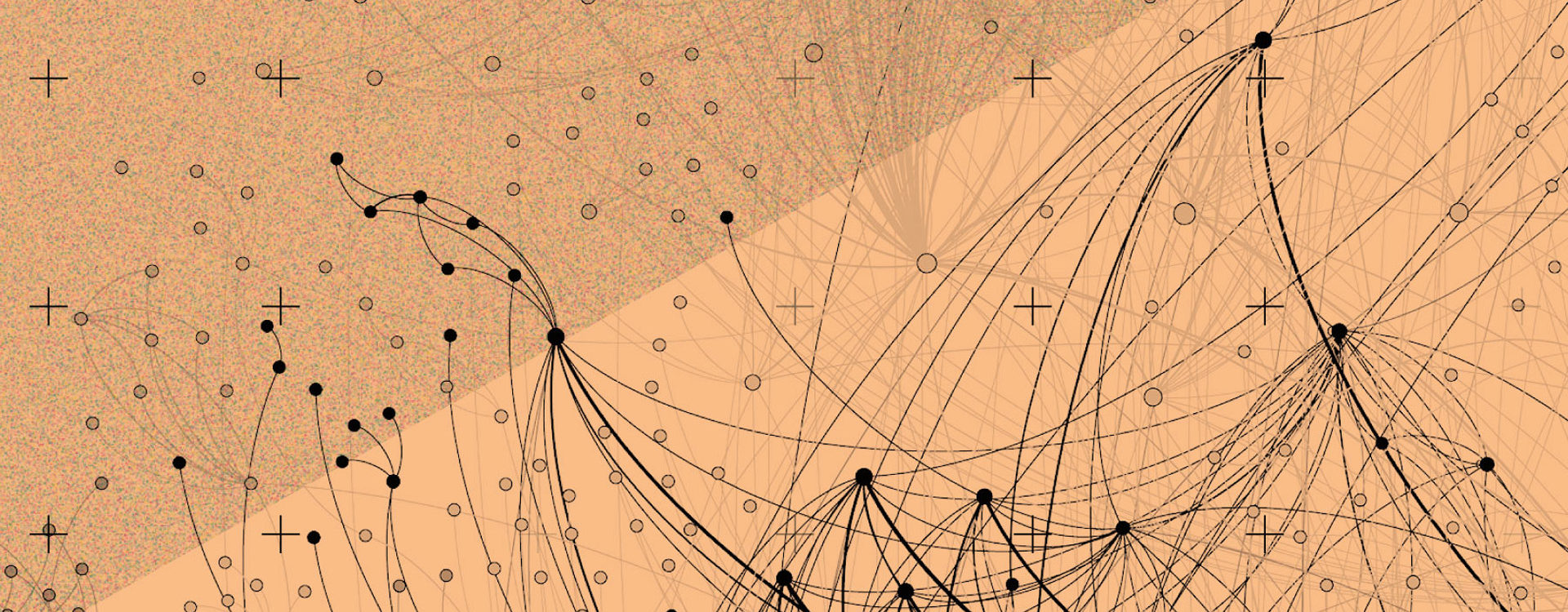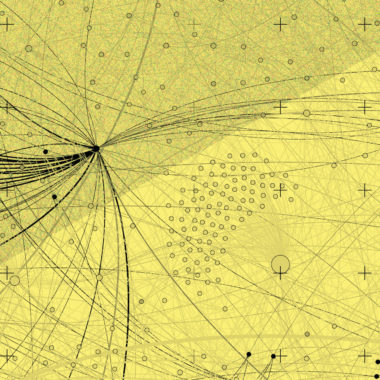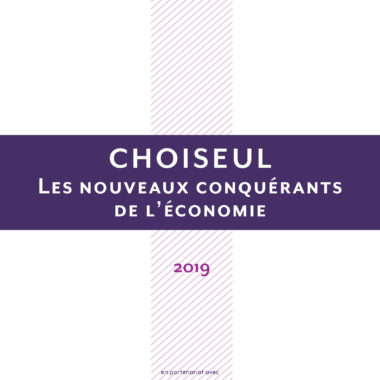On 26 December 2013, as part of a special week devoted to video games, gamification expert Olivier Mauco was a guest at Christophe Payet’s “Culture Monde” on French national public radio France Culture. Along with international experts Gonzalo Frasca and Navid Khonsari, he discussed the various ideologies underlying video games.
According to Mauco, video games “are never neutral when they tell a story”. A formidable communication tool, they either criticize or promote an ideology, depending on the experiences and stories – fictitious or not – they offer users. SimCity, for instance, imposes the same kind of city development pattern to all users, putting a stress on the economy as opposed to public policy (transport, housing, smart city). Grand Theft Auto, particularly its fourth version, can be seen as a critique of US society, as it puts players in the shoes of a Serbian immigrant who finds himself unable to realize his American dream in a nonviolent way.
A market tool as well as means of influence, video games are taken more seriously than ever: Iran, for instance, recently announced it planned to open a national video game foundation. However, it is difficult for game designers to transcend national divides and appeal to a global audience, which can only be achieved by incorporating common historical and media references.









